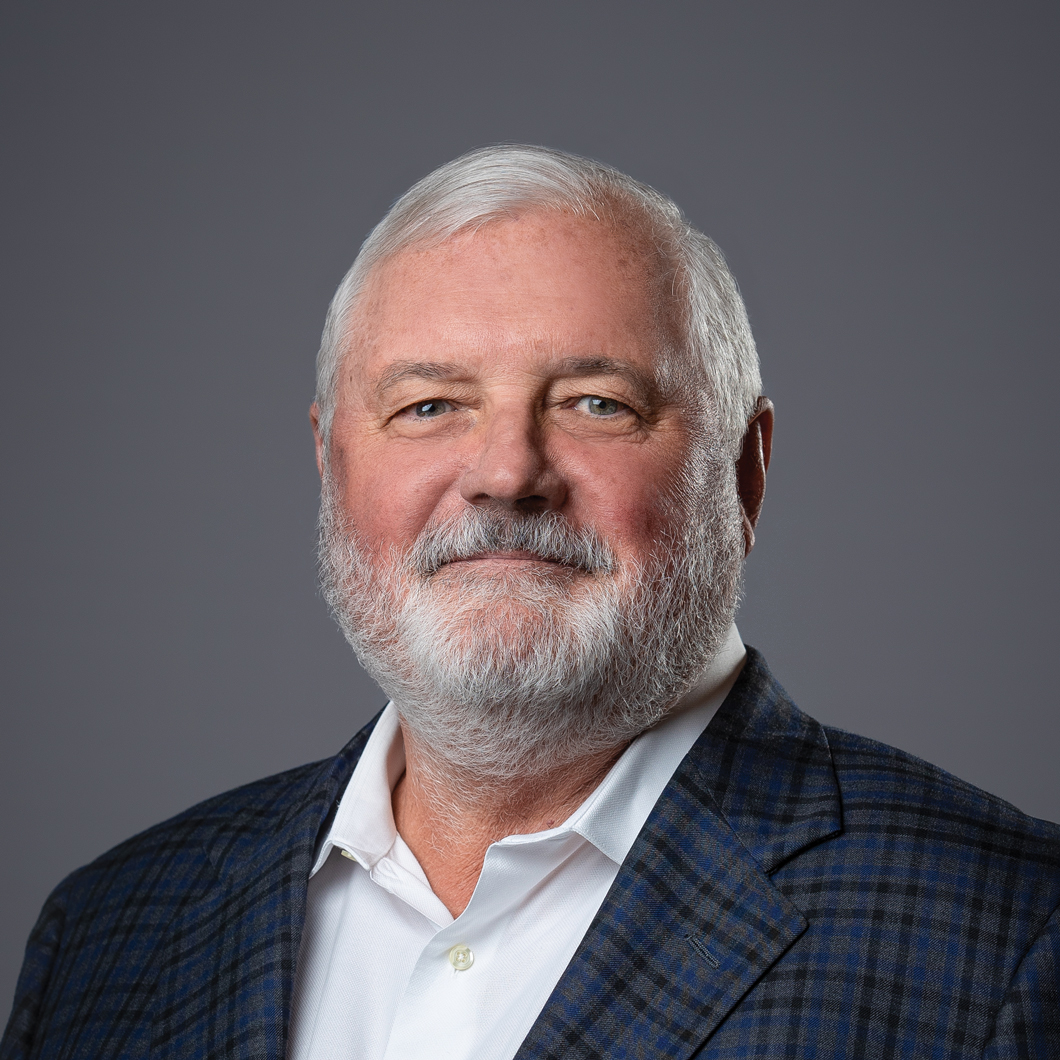|
Getting your Trinity Audio player ready... |
Christina Dewey isn’t afraid of an HR challenge. When she came on board as vice president of human resources at Plastic Omnium, she was tasked with transforming the company’s outdated culture and cultivating a progressive HR team.

As a global leader in automotive equipment, Plastic Omnium has traditionally been male dominated. Driving change from within a male-centric environment wasn’t a new challenge for Dewey, however. She spent nearly nine years at Eaton, a multinational electrical and manufacturing company, culminating in a role as HR regional operations leader overseeing employee and labor relations across fourteen manufacturing plants.
Dewey learned to employ both evolutionary and revolutionary tactics to get her ideas and projects off the ground at the organization. Although Eaton had strong diversity and inclusion initiatives, she still had to work through unconscious biases to get through to the all-male leadership teams. Growing up in Detroit, dominated by the auto industry, proved a perk, as did her lifelong love for football. “I had to build credibility and rapport with the team,” she says. “Being able to add to conversations around sports definitely helped.”
Dewey also built rapport with workers in the manufacturing plants by making an effort to understand their jobs and getting her hands dirty working on the line. Christina would go to the plant floor many Saturdays, working all day alongside the production team members. “This helped them feel that HR was part of the team,” she says.
When she wanted to transition two of Eaton’s manufacturing sites to all-salaried workforces, she was able to go to the leadership team with valuable insight into what the production workers thought about the change and how they would manage it. “This allowed leadership to understand this was something employees wanted and would also benefit the organization,” Dewey recollects. This change improved productivity and absenteeism, as well as the overall culture. “Workers felt like leadership supported and trusted them. They came to work with an entirely differently philosophy.”
“I wanted our managers to look at who could come in knowing 70 percent of the job but also had learning agility.”
Dewey moved to Plastic Omnium in 2016, where she had to start from the ground floor building credibility with both leadership and employees. When she joined, HR wasn’t even typically included in the interview process. “It appeared they had never had a progressive HR leader and didn’t understand the true value HR could bring to the organization, so I had to start with the basics,” she says.
First, she demonstrated her team could simply hire people. Then, noticing a dearth of growth opportunities for employees, she began pushing for hiring not just for skill but also for future development, adding behavioral and learning agility questions to the hiring process. “Before, the managers were just looking at who could do the job right now, but I wanted them to look at who could come in knowing 70 percent of the job but also had learning agility—having learning agility meant a candidate would be a high performer and could take on a more senior role in a few years,” Dewey comments.
Managers were resistant to this change in hiring strategy. To persuade them, Dewey began requiring every candidate to give a presentation of their résumé and a technical problem they’ve solved in a prior role. “This process shows us a lot about how candidates communicate, how they field questions from groups of people, and how they organize and present their thoughts,” Dewey says. “Managers would see candidates with twenty-five years of experience could not react quickly to unfamiliar situations or communicate with the leaders in the room, as well as the person with five years of experience.”
Once she laid a groundwork of trust with leaders and managers, Dewey began transforming Plastic Omnium’s culture. She brought in the company’s first talent development leader, built a new internship program, started an online recognition program, and implemented talent reviews and talent connections to introduce senior leaders to promising employees. She also rebuilt the majority of the HR team, bringing on board people to promote cultural changes and employee engagement. “We started with little wins, and now we have a progressive culture that includes summer hours, parental leave, and real growth opportunities for the employees,” Dewey says.
“People are actually applying for jobs at different locations, whereas before we had to really encourage them to even consider moving.”
Thanks to Dewey’s persistent work, Plastic Omnium has a much more engaged and collaborative workforce with lower turnover. “We needed to evolve the way we look at talent development; if you worked at a manufacturing site, you would stay there the majority of your career,” Dewey says. “Now we’ve brought in early talent and built in ways to work cross-functionally across sites. People are actually applying for jobs at different locations, whereas before we had to really encourage them to even consider moving.”
Dewey has found a lot of success affecting change in male-dominated industries and has always encouraged other women to join her in the manufacturing field. For women just getting started, cultivating relationships with female and male advocates and mentors is invaluable—especially if you’re operating in a male-dominated sector. She also notes it’s important to remember HR’s ultimate mission is to advocate success for both the employees and the company.
“If you don’t know what employees are doing or thinking, it will be hard for the HR department to be a real advocate for employees to the leadership team,” she explains. “We need to learn from them, work on the line with them, eat lunch with them. If you take time to build relationships with employees, you’ll have the ability to move the organization to greater heights, because you’ll have employee buy-in, which is just as important as leadership buy-in.”

